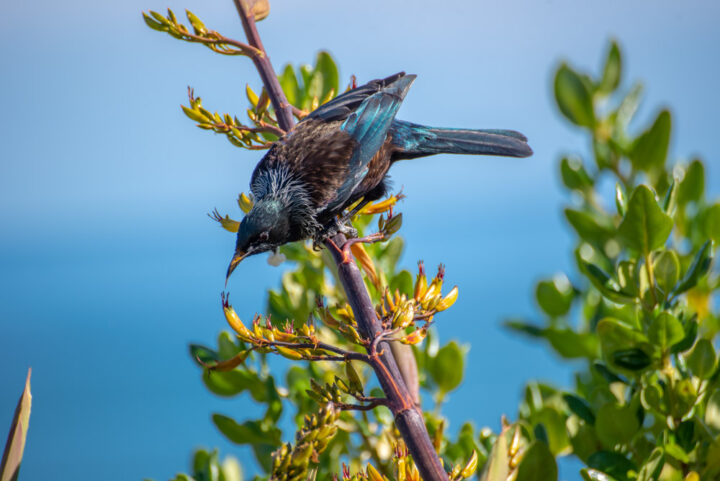
Native versus exotics, what to choose?
There’s been an ongoing debate for quite some time about the merits of native versus exotic plantings.
It’s a debate which has been especially strong in Christchurch with its tradition of exotic and colourful azaleas and camellias, rhododendrons and magnolias as compared with our seemingly rather plain and less flamboyant natives. Taking a definitive side in this debate is rather dangerous, but let’s at least try to be a bit objective and look at both sides of the argument.
The case for natives
Many reasons exist for using native plants. It’s all about conserving, restoring and cherishing our native flora, which needs all the help it can get.
Numerous cities around the world now use ecology and nature conservation as the primary criteria for selecting plants, to reinforce identity and place-making.
In Christchurch that approach would be in harmony with the concept of a ‘green’ city and sustainability.
The native plant lobby argues that [for them] introducing exotic species into foreign surroundings has compromised the natural interactions between plant and animal species and their physical environment.
They argue such practices are as bad as habitat destruction and the ultimate threat to native plants – their extinction.
Staunch proponents of natives over exotics might even go so far as to say that planting exotics out of their own environment is akin to man arrogantly attempting to be dominant over nature.
This is one debate where some people take a very hard line!
Considering exotics
There is little doubt that exotic plants give colour and seasonal interest, as well as attracting birds and pollinators. Exotic plants excite people for their uniqueness, showy flora and rich variety. That really is the fundamental reason for having them in our gardens and why past generations planted so many of them in our city’s public places.
Is there a middle-ground?
A Landcare Research study found that many Christchurch residents want to see a balance between native and exotic vegetation in the city. What is that balance? Certainly plant the exotic species in your garden because that is what Christchurch is known for, but if you don’t plant natives because you don’t like the way they look, be encouraged to look at them again. Many gardeners are inexperienced with native plants and have not seen what can be done with them. Native plants have texture, look good and are there in the winter – and yes some of them offer flowers too.
If you look closely you will be hard pressed to find many residential garden plantings that are completely composed of either all native or all exotics. For a Christchurch garden context, a blend of native and exotics will produce a better aesthetic and a richer garden story.
As for plantings in public spaces however – along streets and river banks and in parks – that really is where we can make a statement with appropriate native species to enrich our garden city and restore a more natural historic beauty.



